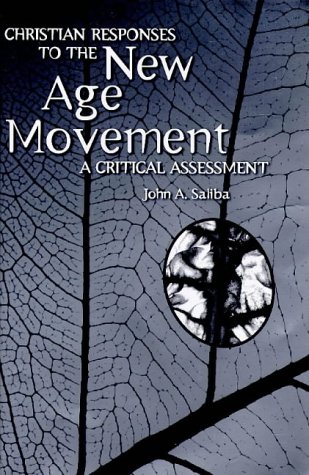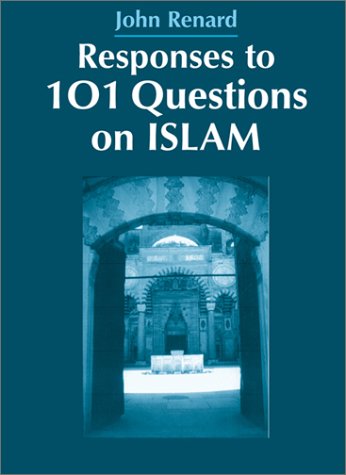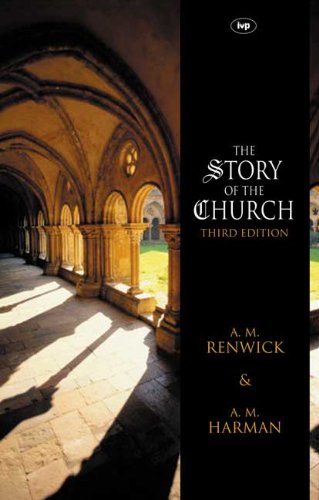The Doctrine of Sin in Reformed and Neo-Orthodox Thought
Written by Iain D. Campbell Reviewed By Henri A. G. BlocherIt is refreshing to find someone who does not bow in worship before the sacred cow: ‘You must concentrate on the latest published material!’ Pressure along that line, among the scholarly tribe, brings in undoubted benefits but it also works as a self-protecting device (how can we, collectively, justify our jobs?). Iain Campbell will not yield. Though his Doctrine of Sin occasionally uses recent articles or books (such as David L. Smith’s With Wilful Intent of 1994), he mostly quotes from, and refers to, works written several decades ago, not seldom in the XIXth century, and he may bravely claim that they are still the best. In alphabetical order, he relies more than once on Aalders, Allis …
This choice in method reflects Campbell’s interests and stance. His substantial volume is first a no-qualms re-affirmation of Reformed orthodoxy on sin and original sin, total depravity, utter unability, and, second, a merciless critique of the views of Barth, Bultmann and Brunner (in this order), whom he labels ‘neo-orthodox’—a label which did not gain any currency on the European continent and sounds odd for Bultmann who never rejected his liberal heritage. This trinity of Bs, contrary to widespread illusions, Campbell shows, wrote theologies far removed from the true biblical and Reformed doctrine. In his demonstration, he is massively indebted, in filial-like fashion, to the Australian theologian and evangelist Harold Whitney, of the Presbyterian Church in Australia (there may be more than a hundred quotes from him).
Biblical foundations are laid first, in sober and conservative fashion; a probationary interpretation of the Eden situation is emphatically maintained and objections from evangelical theologians are ignored. Then comes a historical exposition of the Reformed view, with Calvin’s chapter before Luther’s, an eloquent reversal. The Puritans are considered as the true heirs of the Reformers (with Paul Helm, against Kendall, 100 f.). Jonathan Edwards, Charles Hodge, John Murray and G.C. Berkouwer receive privileged treatment. The emphasis falls on their common tenets (although Campbell, 123 f., notes R.L. Dabney’s disagreement with Hodge’s view of immediate imputation—without taking sides); one could wish for more attention to the original features of Edwards’ thought, or even Murray’s.
Against the united front of all Reformed divines, the ‘neo-orthodox’, whose language, borrowed from Scripture conceals radically different theses, born of the alien presuppositions of subjectivism and ‘existentialism’. Campbell offers an abundance of quotations to establish the charge. An interesting feature of his developments is the use of the Römerbrief commentary in the chapter on Barth, before he turns to the Church Dogmatics (he relativises Barth’s own claim that his mind had changed, 148), and of Bultmann’s Primitive Christianity in its Contemporary Setting and Commentary on John. The final stroke comes in a chapter that contrasts John H. Leith and Cornelius Van Til on the relationship between Barth, etc., and the faith of the Reformation.
Campbell’s manner is ‘user-friendly’, with glossary and full indexes, summaries and biographical information in tabular form (in Calvin’s, 73, the lines under 1536 should not be read as following chronological order; misprints are relatively few; among the corrigenda, I select the names Kittel, not Kittell, Köberle, not Küberle, Linnemann, not Linneman Niesel, not Neisel). On some points of fact, one may care to dissent: did Aquinas hold the ‘theory that sin affected the will alone, while the intellect remained free’ (141)? The Summa theol., Ia–IIae, Qu. 85, art. 3, teaches that reason is deprived of its ordination to truth and wounded, it is made stupid (per peccatum et ratio hebetatur) and afflicted with error. Did Barth’s ‘treatment of the Fall of man and of Adam demonstrated that he has imbibed the higher critical methods of discarding as mythical and irrelevant the historical passages of the Bible’ (171, cf. 167)? Barth’s refusal to call the Genesis story ‘myth’ was noteworthy (he used Sage, which preserved the ambiguity) and, at least, suggested its relevance to him by devoting hundreds of pages to commenting it. Did Brunner abandon ‘the principle of biblical infallibility … on the basis of a notion of the infallibility of the church’ (225)? Or is there a misprint here? Did Berkouwer ‘accept[s] as literal history’ the story of the Fall (131)? Once, according to a Reformed Ecumenical Synod information, he publicly expressed doubts on this topic. Did Brunner accept the biblical (Calvin’s) doctrine of Atonement (212)? He seemed to do so in The Mediator, but no longer in his Dogmatics.
The basic problem, however, lies with the main presentation. The following passage may illustrate: ‘Barth’s subjectivism belies all his disclaimers to the contrary. Despite himself, and his manifold attack on subjectivising tendencies in other religious and philosophical systems, Barth has made the salvation of the individual entirely dependent upon the will of man. This is glaringly inconsistent with biblical evangelicalism’ (157). Campbell acknowledges but counts for very little the declared motives of his authors; he draws the ultimate consequences in the light of Reformed orthodoxy; he blames it all on the underlying philosophy, with the blanket category of ‘existentialism’ (once, ‘Sartre’s existentialism’, 11, most unlikely in the case of the three ‘Bs’). Most readers will only feel antagonised by such a procedure. Actually, I consider him more clear-sighted than most, and not wide of the mark, but only those who have already been won to his theological perspectives and acquainted with Van Tilian logic, will be able to discern and approve it. Patience with nuances and gradual argument will better achieve, I believe, the desired results.
It would be a pity if those who most need the forceful, ‘prophetic’, warning of this book, for whom the lines, increasingly, are being blurred, turned their backs on it simply for its ‘manners’!
Henri A. G. Blocher
Henri Blocher has taught systematic theology and other subjects at the Faculté Libre de Théologie Evangélique, near Paris, since its founding in 1965 and formerly held the Gunther Knoedler chair at the Wheaton College Graduate School in Wheaton, Illinois







